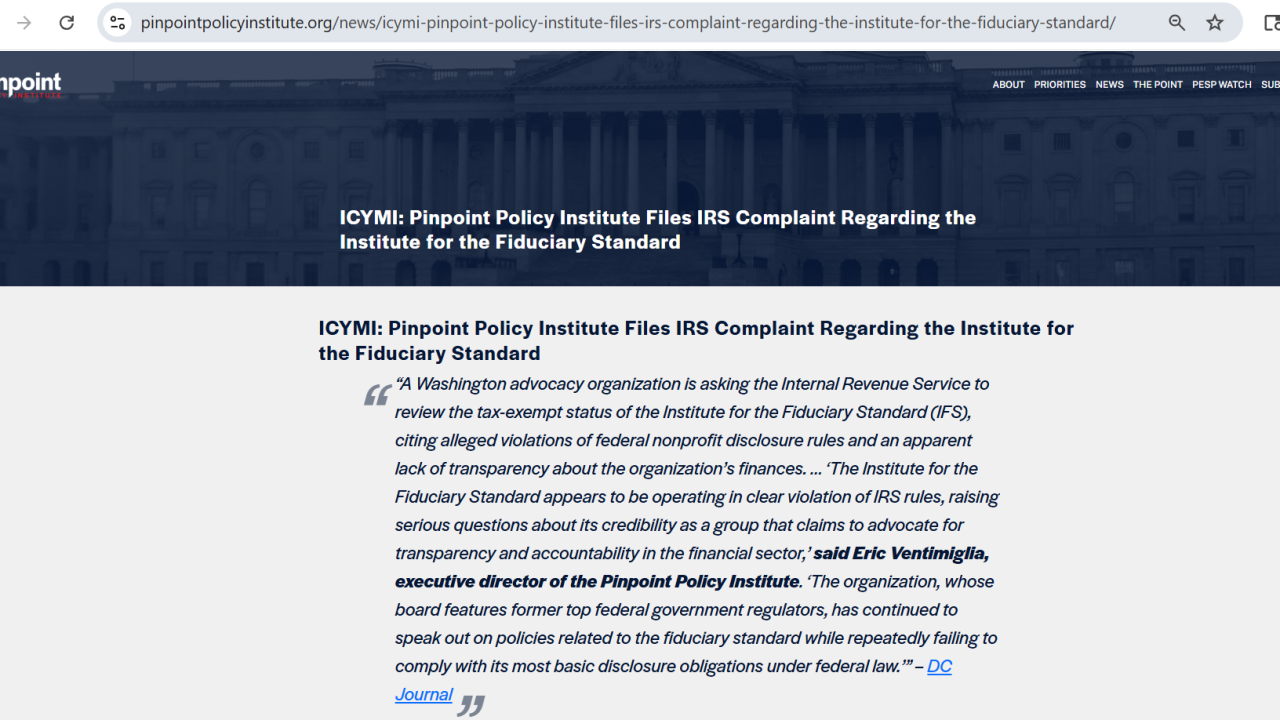PayPal revolutionized how consumers pay for goods online. It's not about to be usurped by the mobile payments movement.
Its parent, eBay Inc., is paying $240 million to buy Zong, a company that allows consumers to charge purchases to their phone bills. The deal is the latest in a long line of mobile-technology investments by PayPal over at least five years. The company's ultimate goal is to loop these technologies together at the point of sale.
Right now Zong is used to pay only for digital goods such as games and music files. In the short term, owning it would give PayPal a share of transactions it currently can't reach. In the long term, the combination could enable shoppers to use their phone numbers as they use their credit card numbers today.
"This is a way for us to accelerate from 1,000 merchants to 9 million plus," says David Marcus, Zong's chief executive.
The deal was announced Thursday and is expected to close in the third quarter.
"This highlights a land grab under way for digital payment providers and wallet providers," says Paul Grill, a partner at First Annapolis Consulting Inc.
In 2010, digital goods accounted for $3.4 billion of the $92 billion in transactions that PayPal processed. In October, PayPal launched its Digital Goods service, which lets consumers pay for digital items without leaving the website or app they are using at the time.
Gwenn Bezard, a co-founder and research director for Aite Group LLC, says Zong's capabilities are important to PayPal, which built its business on enabling e-commerce payments, as the definition of e-commerce expands beyond computers.
"Online is no longer just about the PC, it's about the console and the mobile devices and tablets, and digital goods requires a different [payment] process." he says.
Zong, of Menlo Park, Calif., enables payments through a network of 250 mobile telecommunications carriers that reaches 3.2 billion consumers, or 80% of the mobile phone market, PayPal says.
Zong works with all first and second-tier carriers in the U.S., including AT&T Inc., T-Mobile USA, and Verizon Wireless. It competes with other companies that also enable carrier payments, including Boku Inc. and Danal Inc.'s BilltoMobile. In the digital payments space, it competes with Visa Inc., which acquired PlaySpan, a digital payments processor, for $190 million in February.
Anuj Nayar, a PayPal spokesman, says the Zong deal "is part of the growing ecosystem of places you can use PayPal and the vision is to let you use PayPal anytime, anyplace, and anywhere you want to, outside of traditional online commerce. We have said we will be at the point of sale by the end of the year."
PayPal is working to build strategic partnerships that will expand services beyond the Web, particularly as at least one of its partnerships has apparently not worked out. Its work with Bling Nation Ltd., a company that allowed PayPal payments at the point of sale through a contactless payment sticker meant to be adhered to a phone, was interrupted a year after it began when Bling Nation decided in June to shutter temporarily to reorganize its business.
"Theirs is just one approach to contactless payments," a PayPal representative says in an email. "We have tens of thousands of partners in our developer community who are creating great new mobile payment experiences for consumers. Mobile payments is still wide open for innovation, and there will be many partners who will experiment, and a few that will ultimately succeed."
In April, PayPal bought Fig Card Corp., a Boston company that enables mobile payments at the point of sale. Fig's technology simulates a contactless payment by sending payment information over the air. The payment is initiated from software on a consumer's phone. The merchant's terminal receives the payment data through an attached USB device. PayPal did not disclose the price of its Fig purchase.
The value of mobile payments is set to explode, and is likely to be worth $214 billion by 2015, up from $16 billion in 2010, according to Aite Group.
George Tubin, a senior research director with TowerGroup said it is important for PayPal to explore as many mobile and digital payments options as it can because there is no clear winner yet in those categories.
"We don't yet know which of the models will be most prevalent and which will be used for which types of payment," he says. "So getting the most into as many different streams as they can allows consumers to self-select … and PayPal will be there to support them."
PayPal has recently departed from its usual payment channels in other ways. In May it announced a partnership with Microsoft Corp., of Redmond, Wash., to enable payments from the console for gamers using Microsoft's Xbox 360.
Dana Stalder, a general partner at Matrix Partners of Palo Alto, Calif., and a former executive at PayPal, says PayPal is always looking for new sources of "funds-in" for its payment account, which it will get through the Zong acquisition.
"The carriers' billing ability has grown to be a very important source of 'funds in' for digital goods," Stalder says. Matrix invested $15 million in Zong last year.





